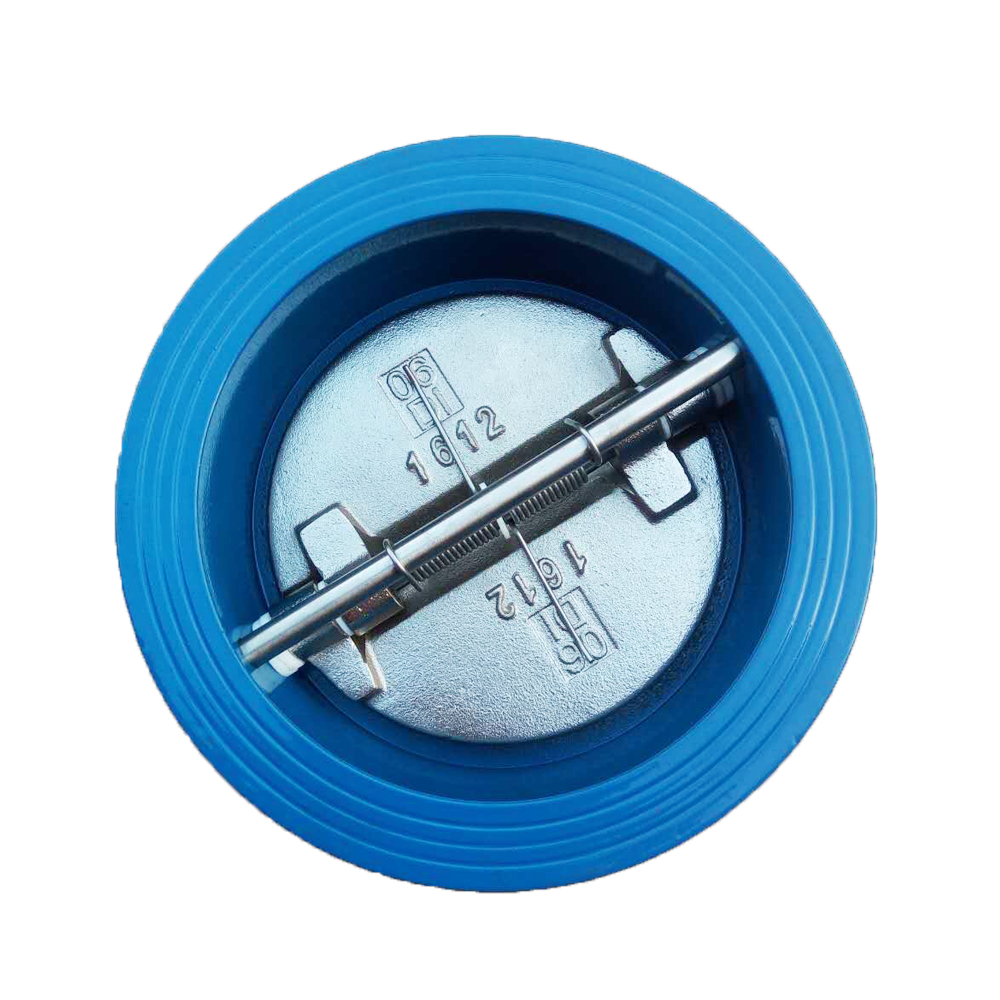The Working Principle of the Check Valve
Check Valve refers to the valve that automatically opens and closes the disc depending on the flow of the medium itself to prevent the medium from flowing back, also known as check valve, one-way valve, reverse flow valve and back pressure valve. The check valve is a kind of automatic valve, its main function is to prevent the back flow of the medium, prevent the pump and the drive motor from reversing, and the discharge of the container medium. Check valves can also be used to supply pipelines where the pressure of the auxiliary system may rise above the system pressure. Check valves can be divided into swing check valves (rotating according to the center of gravity) and lift check valves (moving along the axis).
The function of this type of check valve is to only allow the medium to flow in one direction and prevent the flow in the opposite direction. Usually this kind of valve works automatically. Under the action of the fluid pressure flowing in one direction, the valve flap opens; when the fluid flows in the opposite direction, the fluid pressure and the self-coincidence of the valve flap act on the valve seat, thereby cutting off the flow.
Among them, the check valve belongs to this type of valve, which includes swing check valve and lifts check valve. The swing check valve has a hinge mechanism and a valve disc like a door that rests freely on the inclined valve seat surface. In order to ensure that the valve clack can reach the proper position of the valve seat surface every time, the valve clack is designed in a hinge mechanism so that the valve clack has enough space for turning and makes the valve clack truly and comprehensively contact the valve seat. The valve clack can be made of metal, or it can be inlaid with leather, rubber, or synthetic covering, depending on the performance requirements. When the swing check valve is fully opened, the fluid pressure is almost unimpeded, so the pressure drop through the valve is relatively small. The valve disc of the lift check valve is located on the sealing surface of the valve seat on the valve body. Except that the disc can be raised and lowered freely, the rest of the valve is like a shut-off valve. The fluid pressure lifts the disc from the seat sealing surface, and the backflow of the medium causes the disc to fall back onto the seat and cut off the flow. According to the conditions of use, the valve clack can be an all-metal structure, or it can be in the form of a rubber pad or a rubber ring inlaid on the valve clack frame. Like a shut-off valve, the passage of fluid through the lift check valve is also narrow, so the pressure drop through the lift check valve is larger than that of the swing check valve, and the flow rate of the swing check valve is restricted.


Comments
Post a Comment